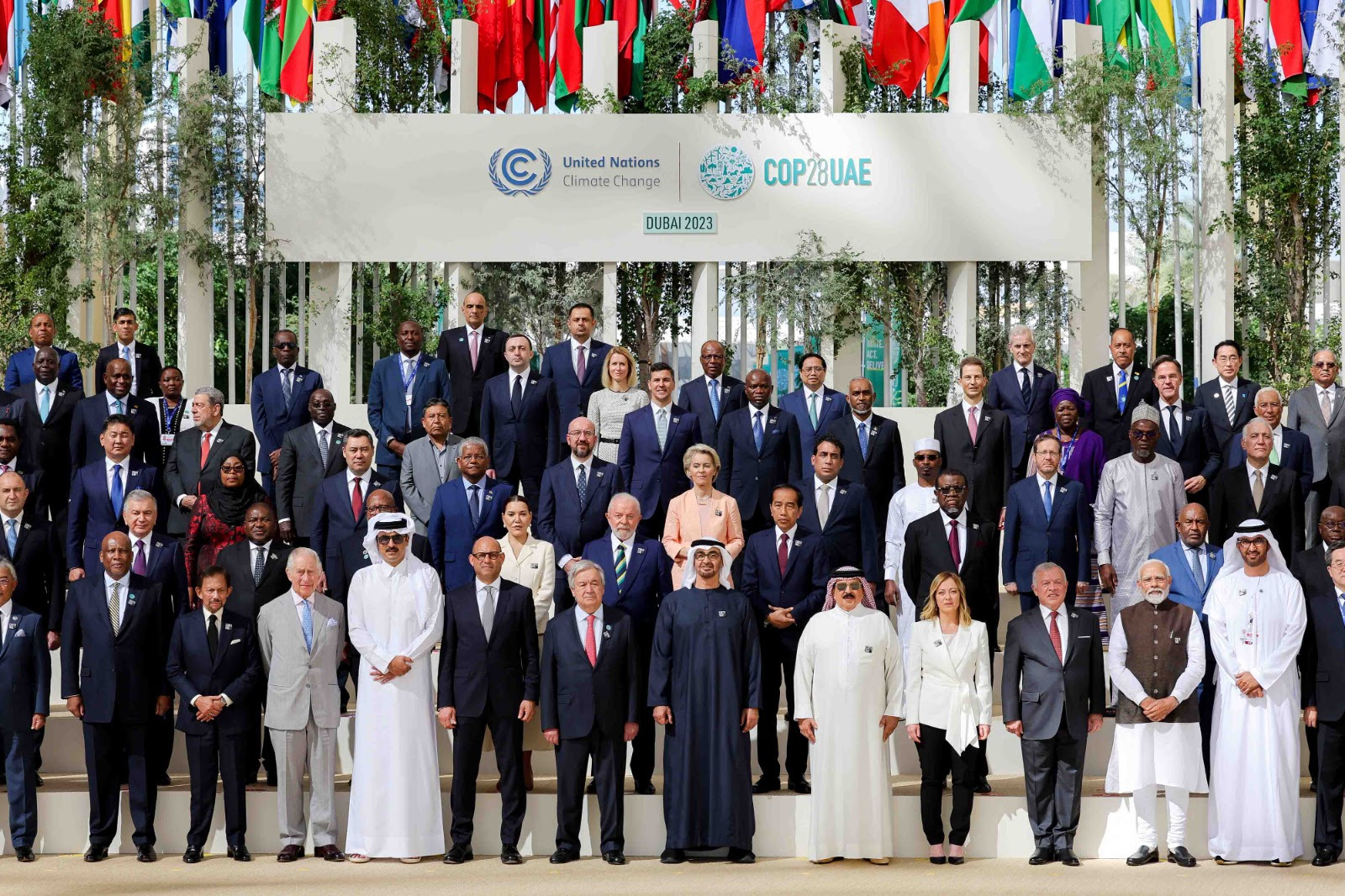EXPERT'S VOICE
Africa will need pragmatism, not idealism, to achieve a just energy transition (NJ Ayuk)

Western leaders often urge African countries to make a rapid transition from fossil fuels to renewable energy sources. They seem to think that African countries can switch to renewable energy sources quite easily, as if a good energy infrastructure were already in place.
But this is not the case in Africa, where almost half the population has no access to electricity. Far too many of our fellow citizens can't buy milk from a refrigerated grocery shelf, do their homework after sundown or get an X-ray at the local hospital. Right now, these 620 million souls don't need green electricity - they need electricity, period. Then there are the 900 million Africans who lack clean fuel for cooking. For them, cooking with wood, charcoal or even garbage is part of everyday life. So is walking up to 20 hours a week to collect these fuels, as well as the dramatic health risks associated with inhaling cooking smoke.
The urgency of these situations demands that we prioritize a reliable network, and everything else after that.
Various chronologies
Compare this with the UK and the USA, where the majority of homes have been powered since 1930 and 1960 respectively. Currently, Great Britain generates 41% of its electricity from renewable sources, and the USA has recently seen its renewable production overtake that of coal. Interesting milestones, but let's not forget that both countries were already benefiting from and developing their fossil fuel-based grids for nearly a century. They spent decades industrializing and building robust infrastructure before implementing effective green policies. I don't believe that all African states need to follow the same timetable, especially as renewable technologies improve. I do, however, ask long-established industrialized countries to consider the vast differences between their energy landscapes and ours.
Different needs
Many Western countries supplement their grids with wind or solar power, but ultimately rely on natural gas, oil or coal. Take the USA, which generates 60% of its electricity from fossil fuels and 21% from renewables. The hard truth remains: fossil fuels are even more reliable.
How much more reliable? Natural gas has a capacity factor of 65%, which means that gas-fired power plants operate at full power 65% of the time. Compare this with wind and solar power, which operate at 36% and 25% respectively. In other words, these renewable energies are about half as reliable as natural gas.
Asking developing countries to ignore natural gas is essentially asking them to ignore half their electrical capacity. It's a declaration that Africans deserve half the energy, half the standard of living and half the security of their Western peers.
It's admirable and forward-thinking that many modern states are supplementing their grids with wind or solar power. However, when panels crack or wind farms fail, residents have the luxury of turning to a safe, reliable and well-established fossil fuel grid. It's much easier to make an existing grid environmentally friendly than to build a green one from scratch. Once Africans have access to electricity, climate-centric discussions will be much more welcome.
Different costs
Africa is home to 70% of the world's least developed countries. Only one state - South Africa - is fully industrialized. It's one thing to hear these statistics, and quite another to make decisions on the ground in a developing country. I believe that many talented and well-meaning Western thinkers are simply not used to the fiscal environment in which African leaders operate.
For example, consider the logistics behind solar panels. In the United States, the purchase and installation of a panel can cost between 15,000 and 35,000 USD - not counting the initial costs of repairing a roof that isn't solar-ready, recurring cleaning and maintenance costs, or panel replacement. panels every 20 to 30 years.
By NJ Ayuk, Executive Chairman, African Energy Chamber.
-

 ANALYSIS1 an ago
ANALYSIS1 an agoThe 3 African countries richest in natural resources
-

 NEWS11 month ago
NEWS11 month agoTop 10 des pays africains producteur de l’or : Mali 2-eme, Burkina Faso 3-eme
-

 FOCUS ONA1 an ago
FOCUS ONA1 an agoThe 10 largest oil refineries in Africa
-

 FOCUS ONA11 month ago
FOCUS ONA11 month agoTop 10 oil producers in Africa in 2023
-

 NEWS2 ans ago
NEWS2 ans agoRanking of oil producers: Here are the Top 10 African countries.
-

 NEWS8 month ago
NEWS8 month agoAfrica's 10 largest natural gas production fields.
-

 NEWS2 ans ago
NEWS2 ans agoTop 20 oil producing countries in 2022
-

 NEWS10 month ago
NEWS10 month agoIvory Coast: Eni to deploy a cylindrical FPSO and a converted FSO on the Baleine oil field












